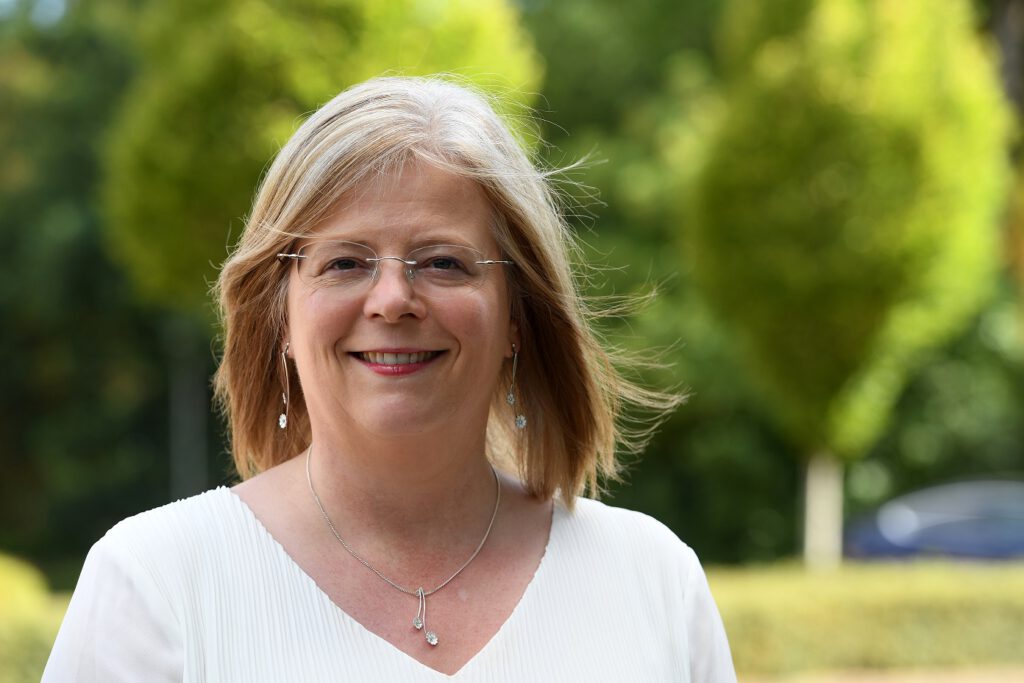#Democracy – Time for a national conversation

For most of us in Further Education, democracy is a core British Value.
We support our students to build their democratic knowledge and understanding, its personal relevance and their skills in critical thinking, discussion and debate.
So while British politics is changing at an almost unimaginable rate, MPs taking control from government over Brexit and predictions abounding that the two main parties which have dominated Parliament for a hundred years are about to fracture into bitter feuding pieces, it seems to me that beyond that something else is happening.
Groups and individuals are getting involved as never before and that wider participation could transform the political landscape.
Two things appear to be happening;
- there is greater diversity in terms of the people who want to represent us, and
- secondly young people and groups who have historically played no part in the democratic process are becoming far more engaged.
At the time of the first referendum on EU membership in 1975 there were 27 women MPs who had won through from the 161 candidates who stood at the general election a few months earlier. In 2017 there were 973 female candidates, 208 of whom won seats – that’s a record 32% of the Commons.
The Parliament Project, a non-partisan idea to inspire, empower and encourage women to run for political office in the UK, recently ran an event in Milton Keynes which saw in excess of seventy enthusiastic women from all backgrounds participate.
Younger people also seem to be becoming more active. Strikes by school children protesting against climate change have spread across the globe taking place in every continent bar Antarctica.
The whole movement was inspired by one teenage girl from Sweden who walked out of her classroom every Friday afternoon to stand protesting alone outside that country’s parliament.
Regardless of your view on the appropriateness or otherwise of students abandoning their lessons to make a political point, it is impossible to ignore the level of their commitment and engagement.
Seven students from Brockenhurst College in Hampshire, concerned about Further Education funding started an online petition which garnered more than 70,000 signatories.
This led to a debate in parliament and subsequently an open letter signed by 165 MPs from across the political landscape supporting an increase in fees for Further Education.
Recently, a second debate in parliament added more weight to demands for fairer funding.
The #LoveOurColleges campaign which was running at the same time as the petition started gained significant impetus as a result, and there are now definite signs that the issue is getting more attention from MPs and the wider public.
Brexit plays a part in all this. BBC News programmes have been watched by record numbers for the various meaningful votes in recent weeks and a quick glance at social media shows all kinds of people with no history of engagement in politics having their say, often very forcefully.
Channels like Facebook and Twitter provide a platform for anyone who wants to make their point and even to access the decision makers directly. The petition to revoke Article 50 reached more than six million in a matter of days – again perhaps because people believe their voices will be heard that way.
So despite the turmoil in the British political system, can we be optimistic about the future of democracy?
It seems that as the digital world grows and becomes more versatile the opportunities to talk about issues and to influence the decisions made will increase too. Keyboards and tablets are natural levellers.
Anyone debating online can do so without their gender, sexuality, age, race etc., being apparent. That in itself is an evening out of the playing field when a white fifty-something man who went to Eton and Oxford has the same ability to have a voice as the teenage daughter of first generation immigrants living in Milton Keynes.
Power comes in many forms, it can be:
- Inherited
- Bought
- Gained by respect, or
- By election
There seems little doubt that it’s going to be spread around a lot more in future – dissipated in tiny but significant portions to individuals who can coalesce around an idea in an incredibly short space of time.
Our institutions are playing catch-up as the public adapts more quickly to these changes than they can.
This evolution of politics and society has the potential to be good or bad and we need a national conversation about what our democracy is going to look like in the future.
Information is no longer the preserve of the executive. Greater transparency is becoming unavoidable because there is so much out there and easily found online, although testing its validity is a whole other story of course.
We have two choices;
- either we can just let this revolution of change happen around us to reach its own natural conclusion,
- or we can work out between us how this new world should work.
We can be bystanders or active participants. If we choose the former we risk losing the democracy so many of our forebears gave life and liberty to shape and protect.











Responses